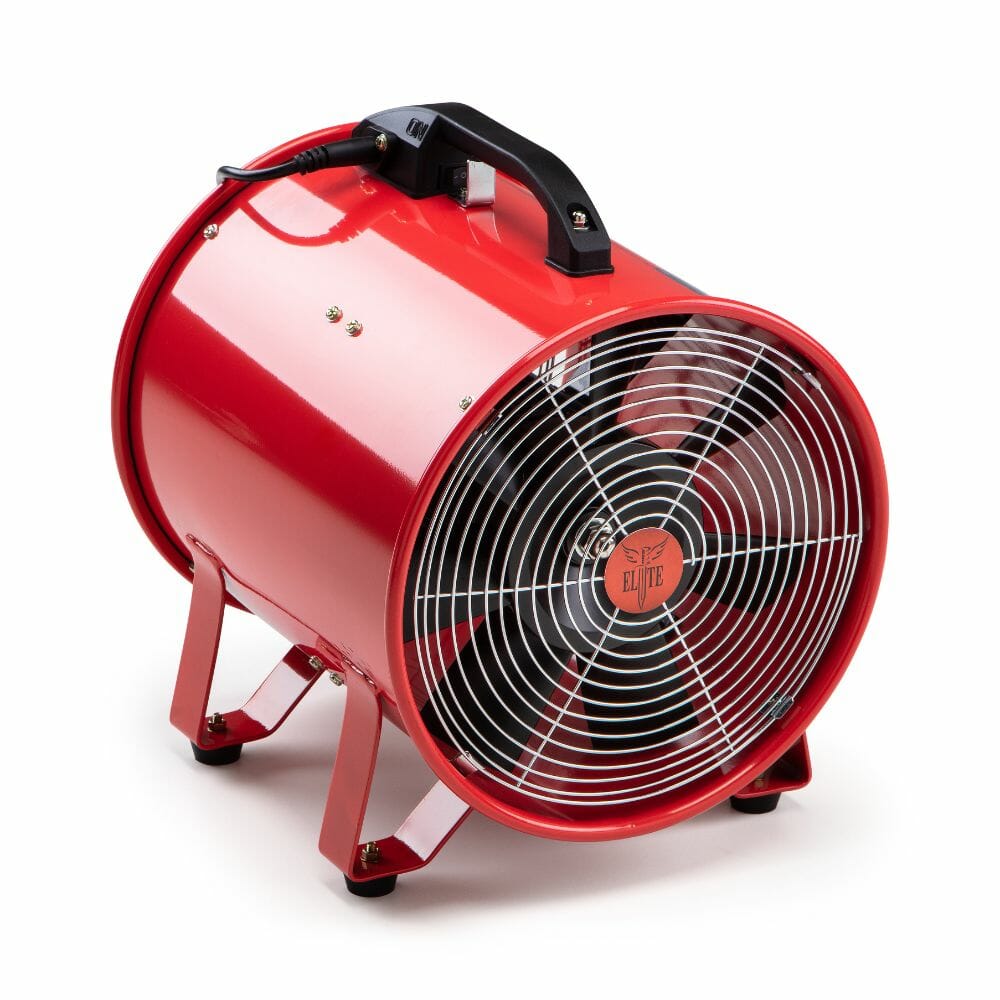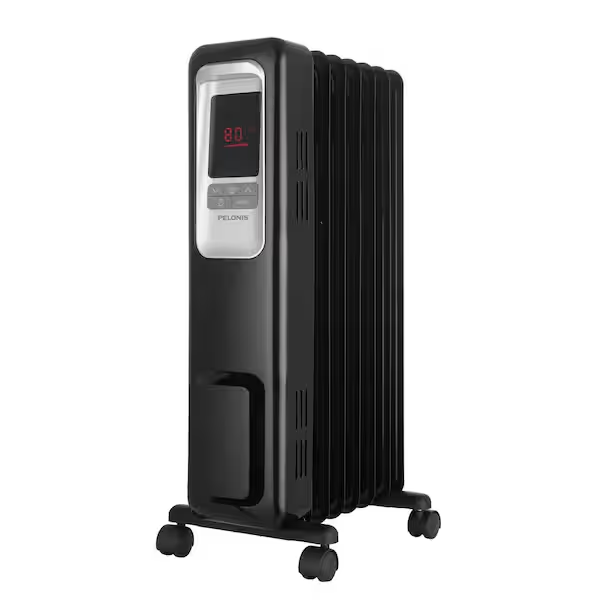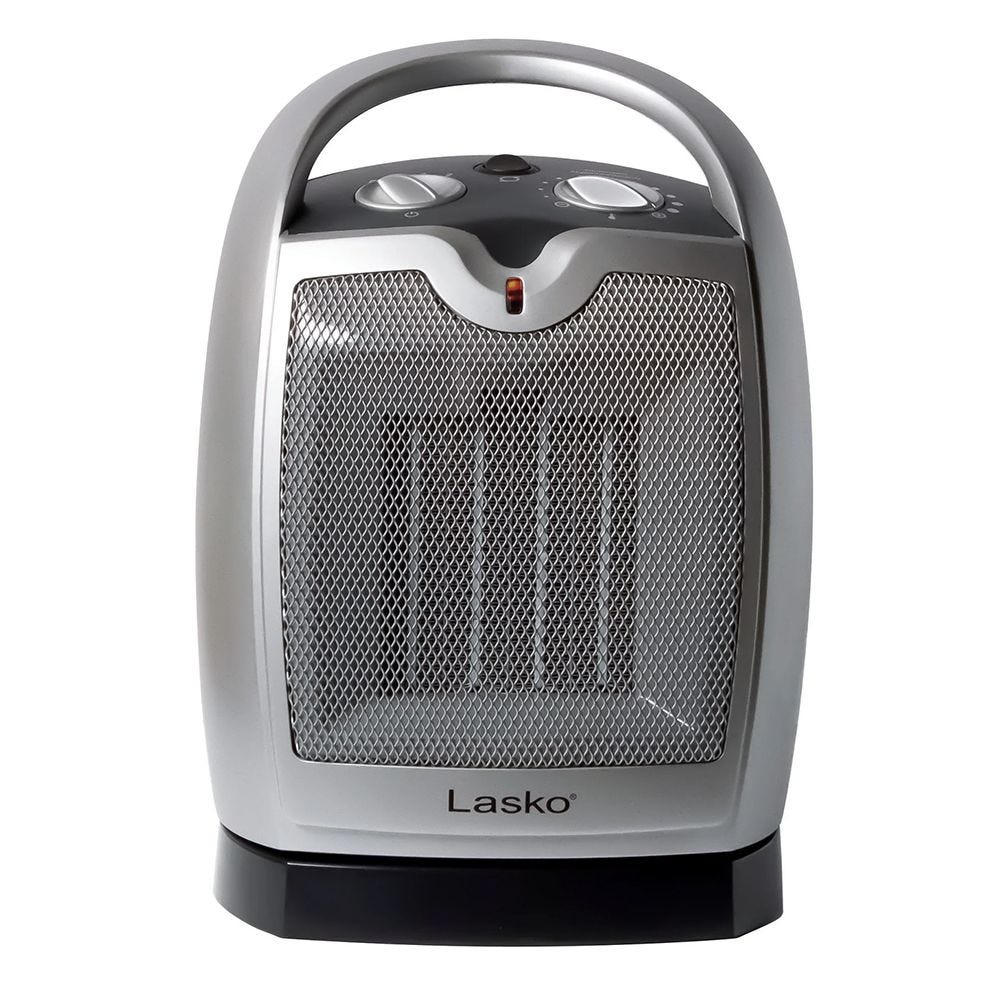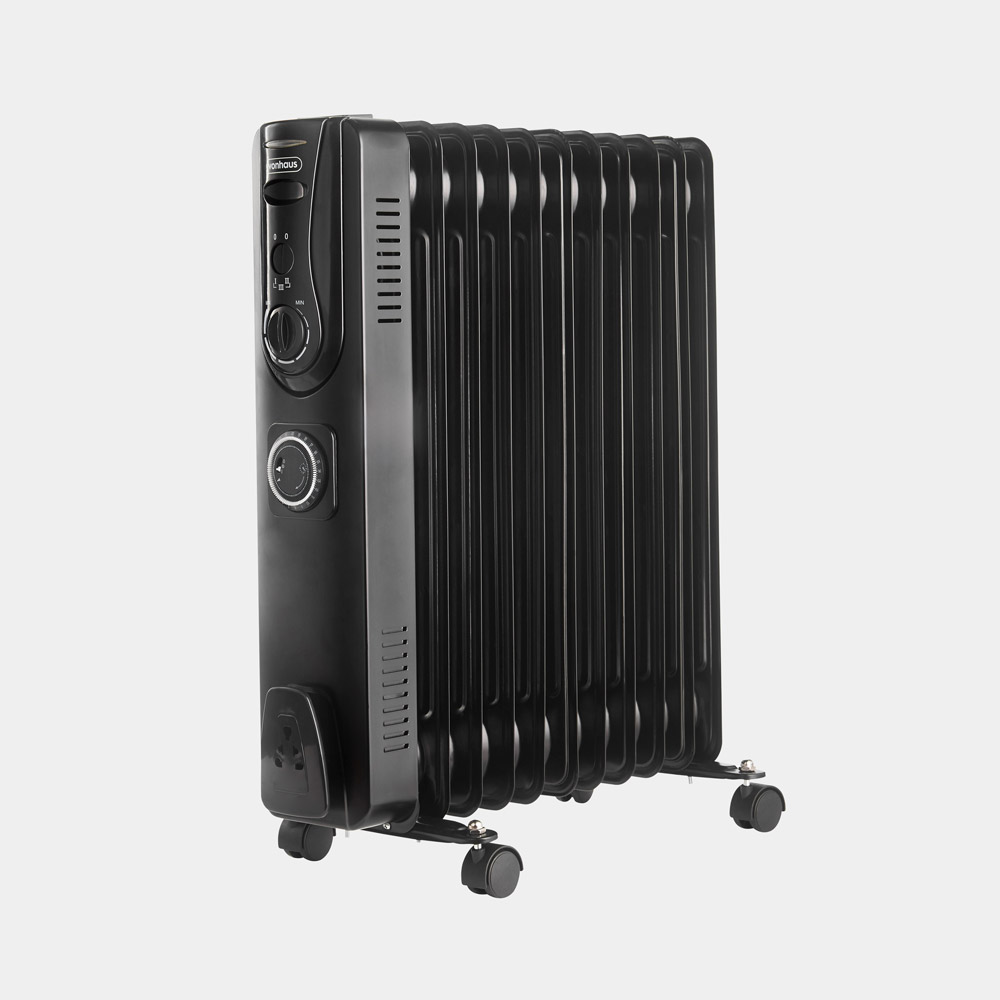Evaluating the Cost-Effectiveness of Radiators
When examining the differences between radiator vs space heater, one of the key points to consider is cost-effectiveness. Radiators, often part of a central heating system, can provide warmth to an entire home, and their efficiency and costs are influenced by several factors, including the type of fuel they use, insulation quality, and how the system is managed.
Understanding Radiators and Central Heating Costs
Radiators are traditionally linked to a central boiler system that heats water or steam and distributes it through pipes to the radiator units in each room. The cost of operating such a system is significantly influenced by the type of fuel used—typically gas, oil, or electricity. According to the U.S. Energy Information Administration, natural gas is often less expensive than electricity, influencing the overall heating costs for households with gas radiators.

To determine the actual cost of using radiators in your home, consider the following:
- Fuel price fluctuations which can impact the cost considerably over time.
- Efficiency of the boiler and the radiators, as older systems may be less efficient and more costly to run.
- Heat loss due to poor insulation which leads to increased energy consumption to maintain a comfortable temperature.
Tips for Saving Money with Radiators
To maximize the potential savings with radiators, consider these tips:
- Schedule regular maintenance for your boiler and radiator system to ensure they are operating at peak efficiency.
- Install a programmable thermostat to better control heating and avoid wasting energy.
- Improve home insulation to reduce the amount of heat lost through walls, roofs, and windows.
- Consider upgrading to a newer, more energy-efficient boiler if your current system is outdated.
- Use radiator reflector panels to reflect heat back into the room instead of letting it escape through external walls.
Comparing Gas and Electric Radiator Heating
When deciding between gas and electric radiators, it’s important to note that gas is often cheaper per unit of energy compared to electricity. However, electric radiators can be more efficient at turning energy into heat and may be a better option for smaller spaces or homes without a natural gas supply. Electric systems also tend to have lower installation costs since they don’t require a flue or gas connection.
The choice between the two will depend on:
- The availability and cost of gas versus electricity in your area.
- Whether your home is connected to the gas grid.
- Initial setup and ongoing operating costs tailored to your heating needs.
In conclusion, while radiators can be more cost-effective for whole-house heating scenarios, their efficiency largely depends on fuel type, system maintenance, and home insulation. By understanding these factors and implementing money-saving tips, homeowners can optimize their radiator usage and reduce their energy costs.

Examining Electric Space Heaters
When it comes to supplemental heating, electric space heaters are a popular choice due to their portability and ease of use. To make an informed decision about whether to use a space heater, it’s important to understand the different types available, their costs, and the various benefits and limitations they present.
Types of Electric Space Heaters and Their Costs
Electric space heaters come in various shapes and sizes, each with its unique features and associated costs. Here are a few common types:
- Convection Heaters: These heaters warm the air in a room by creating a current of hot air that rises and circulates. They’re suitable for well-insulated rooms and can provide consistent heat over a long period.
- Radiant Heaters: Ideal for spot heating, radiant heaters emit infrared energy that directly warms objects and people in front of it, rather than the surrounding air. They’re effective for quick, targeted warmth.
- Ceramic Heaters: Utilizing a ceramic heating element, these heaters can be either convection or radiant and are known for being durable and maintaining a consistent temperature.
- Oil-filled Radiators: These heaters use electricity to heat oil inside their fins, and the warm oil circulates heat through the room. Though slower to heat up, they retain heat for extended periods, making them energy-efficient.
The cost of running an electric space heater will vary based on the wattage, the cost of electricity in your area, and how long the radiator vs space heater is on. For example, a 1,500-watt heater running for 10 hours at an electricity rate of $0.10 per kWh will cost $1.50.

Benefits of Portable Electric Heaters
Portable electric heaters offer several advantages:
- Flexibility: They can be moved to different rooms as needed, providing heat exactly where you want it.
- Ease of Installation: Simple plug-and-play functionality means there’s no complex installation required.
- Targeted Heating: Rather than heating an entire home, you can heat just the space you’re using, which may lead to cost savings.
- Quick Heat: Some electric heaters can warm a room quickly, offering immediate comfort in cold spaces.
Limitations and Safety Considerations for Space Heaters
While electric space heaters can be very convenient, they do come with some drawbacks and safety considerations:
- Limited Heating Capacity: They are usually best for small to medium-sized rooms, not for large spaces or entire homes.
- Higher Cost for Electricity: Electric heat can be more expensive than heating with gas or oil, especially if used extensively.
- Fire Risk: Use space heaters with caution. Never leave them unattended, and place them on a stable, level surface away from flammable materials. Avoid using them with extension cords or power strips.
- Dry Air: Some heaters can dry out the air in a room, which may not be comfortable for everyone, and could require the use of a humidifier.
In summary, electric space heaters provide a versatile and convenient option for additional warmth. They perform best when used safely, for targeted heating, and in appropriate settings where you consider and accept the cost and heating limitations.

Making the Right Choice for Your Needs
When heating your space, consider whether you have a cozy studio apartment or a sprawling family home. The decision between a radiator vs space heater depends on various factors. To make this choice easier, explore how room size and heating requirements influence your decision. Also, consider energy efficiency, heat retention, and overall convenience. Installation can further guide you to the ideal solution for your needs.
Assessing Room Size and Heating Requirements
When selecting a heating method, the size of the room and its specific heating needs are crucial. A space heater may be adequate for heating a small bedroom or office, generating enough heat to make the area comfortable within minutes. However, larger spaces or a full home are typically better served by a radiator system, which can distribute warmth evenly across multiple rooms.
If your heating needs are temporary or seasonal, like warming a rarely used guest room, a portable electric heater might be the ideal pick. On the other hand, for consistent, daily heating throughout cold seasons, a central radiator system might prove to be more efficient and practical.
Considering Energy Efficiency and Heat Retention
Energy efficiency and heat retention are vital aspects to consider for both economic and environmental reasons. Traditional radiator systems, particularly those using gas, tend to have relatively low operational costs compared to electric space heaters, but this is heavily dependent upon the insulation quality of your space and the efficiency of the existing heating system.
Space heaters, however, tend to lose heat quickly once turned off. Conversely, oil-filled radiators retain heat for a longer period, providing a steady temperature without the constant need for power. On the flip side, if you’re only looking to heat one room or a specific area, space heaters can be an energy-efficient choice, preventing the need to heat the entire house.

Analyzing Overall Convenience and Installation
Finally, the practicalities of installation and overall convenience are important. Radiators usually require a complex installation process involving a central boiler and a network of pipes. This could be a significant investment in terms of time and money, but is often a one-time expense with long-term benefits for those in permanent residences.
Space heaters offer the utmost in convenience—there’s no installation required, and you can move them from room to room as needed. They’re perfect for renters or those who need a quick-fix solution without the commitment to a full heating system. However, remember that they’re not as cost-effective for continuous use over long periods compared to central heating systems.
In summary, choose between a radiator vs space heater based on a thoughtful assessment of your room size and heating requirements. Consider energy efficiency, heat retention, and convenience. By weighing these factors, you can find the heating option that keeps you warm. It should also suit your living situation and budget.


